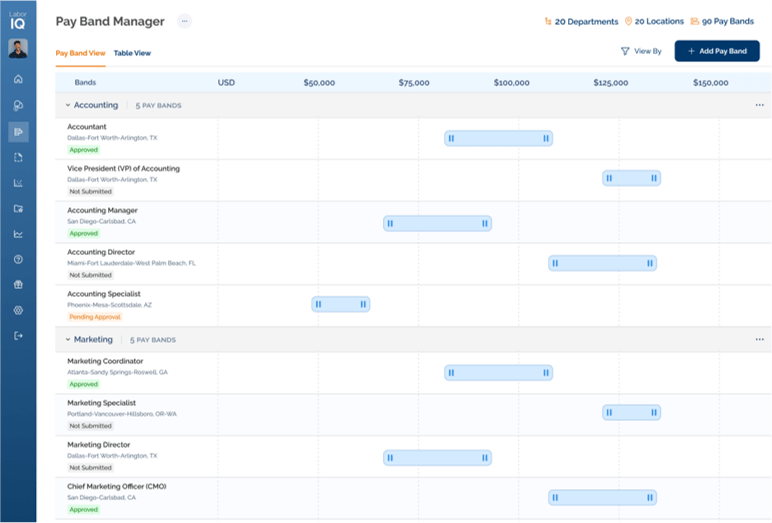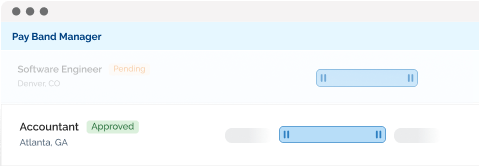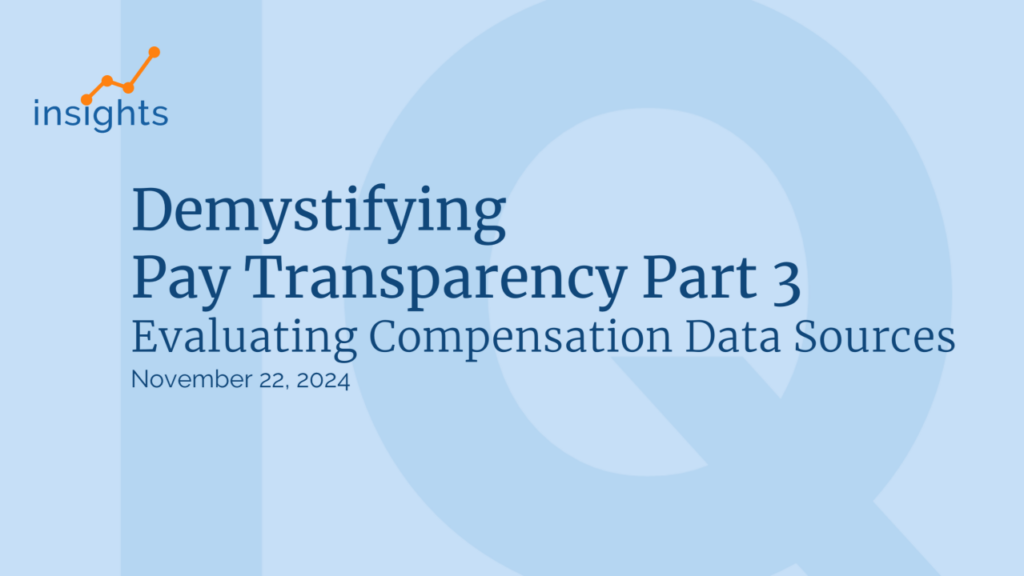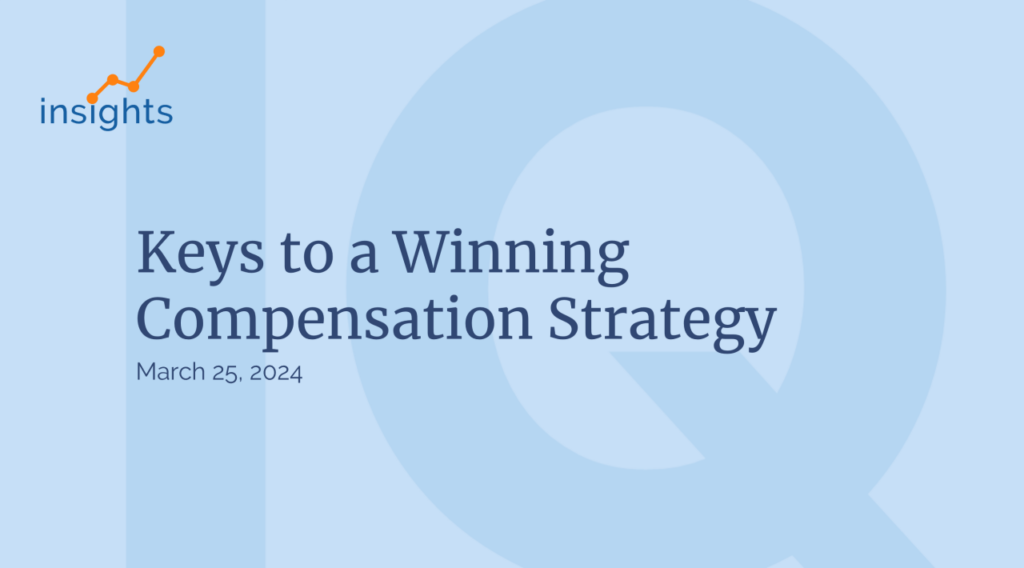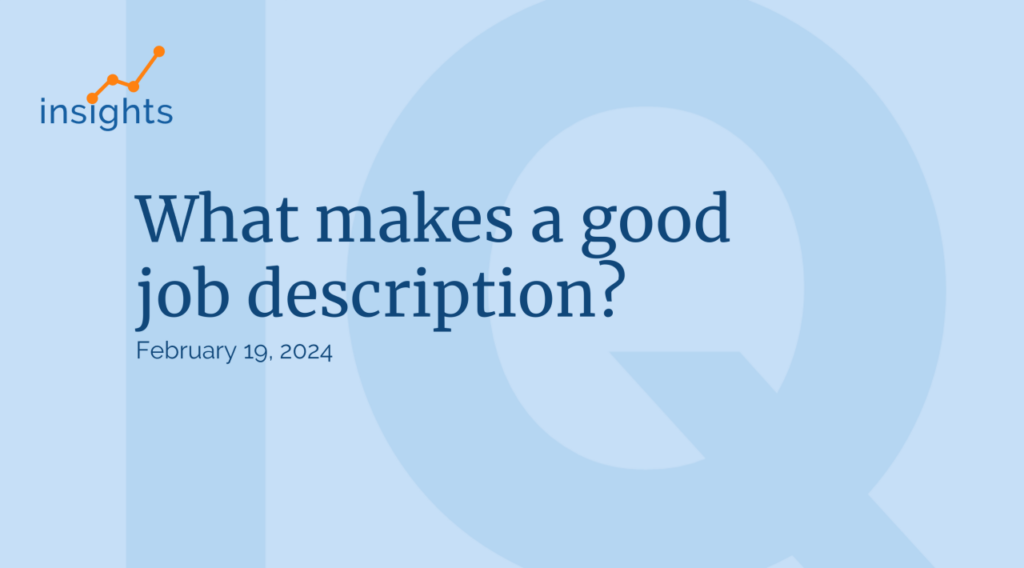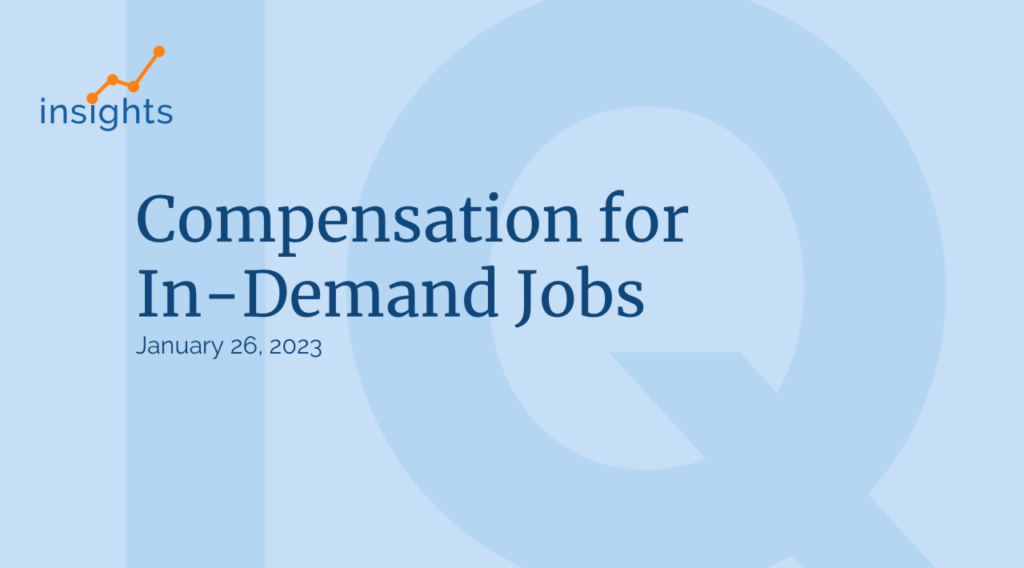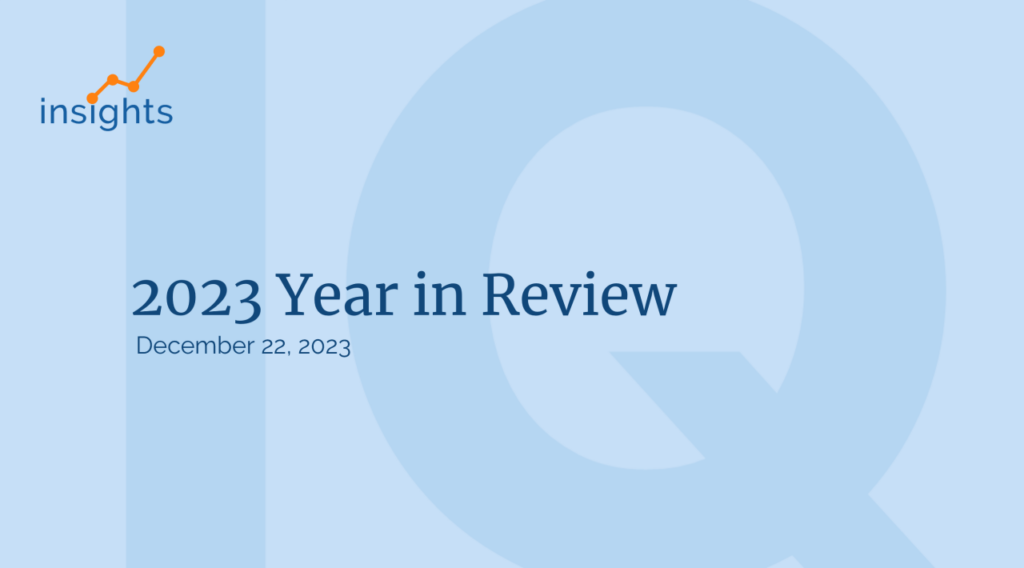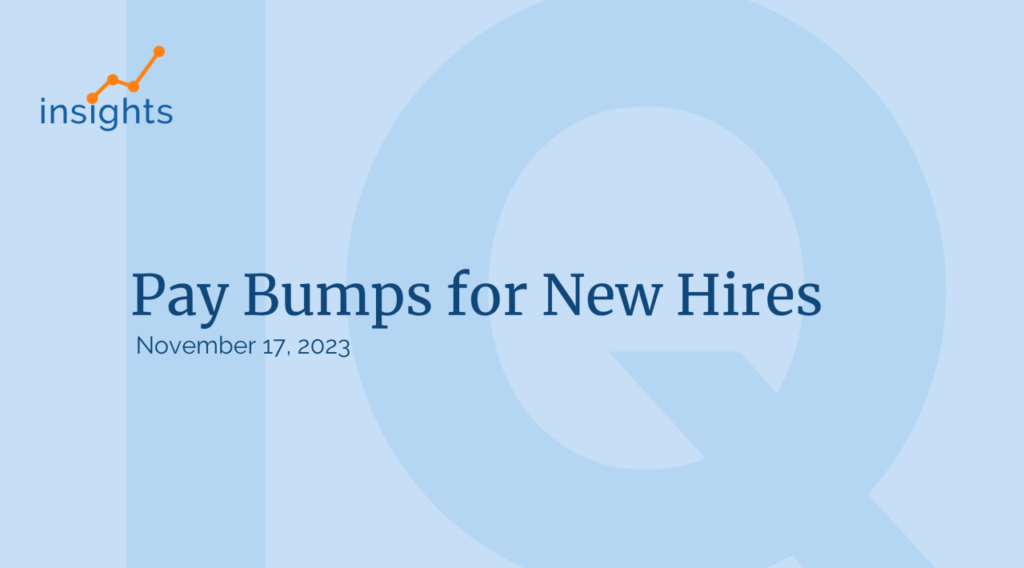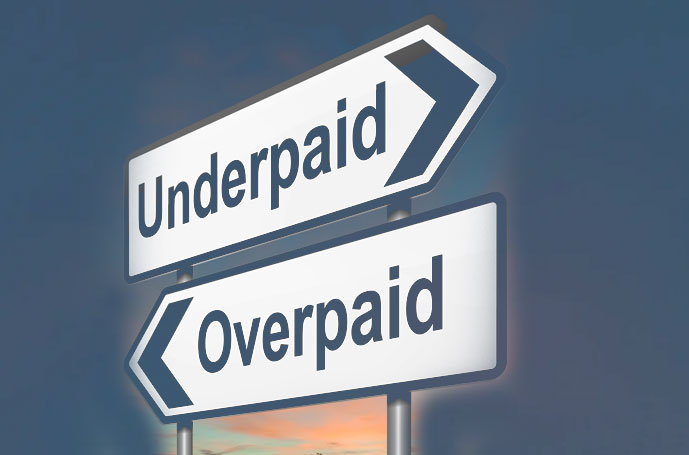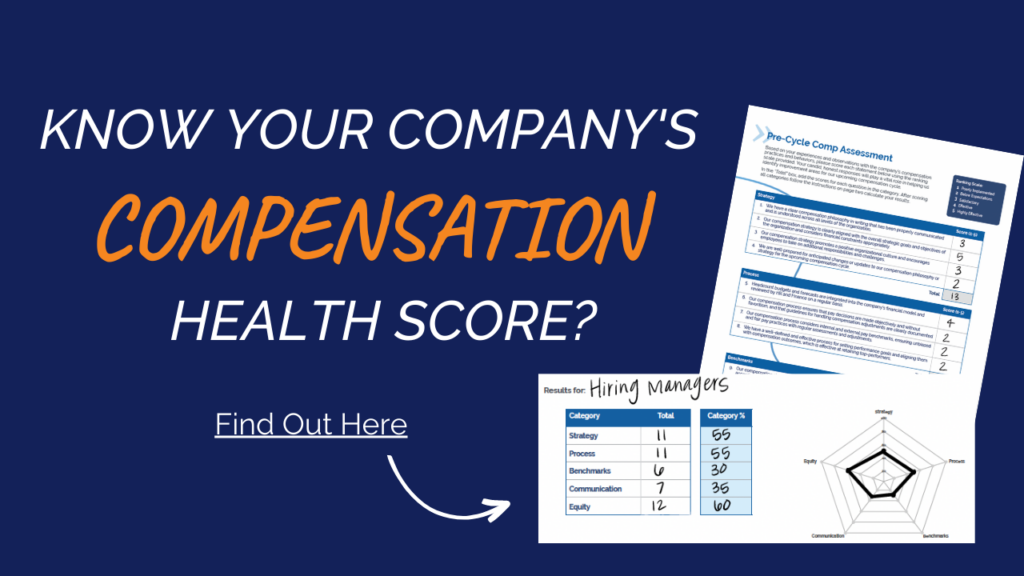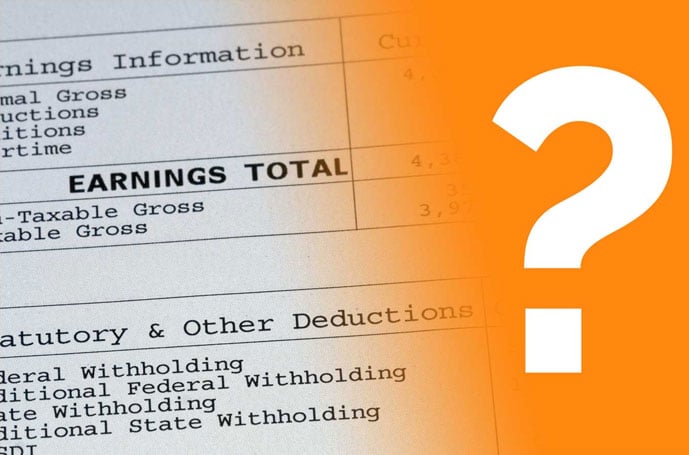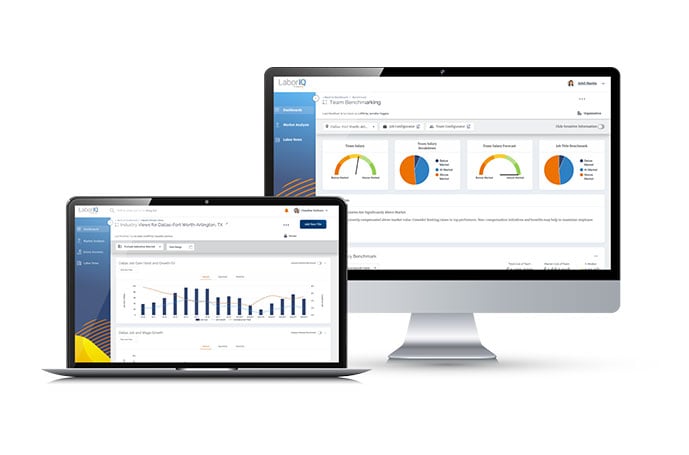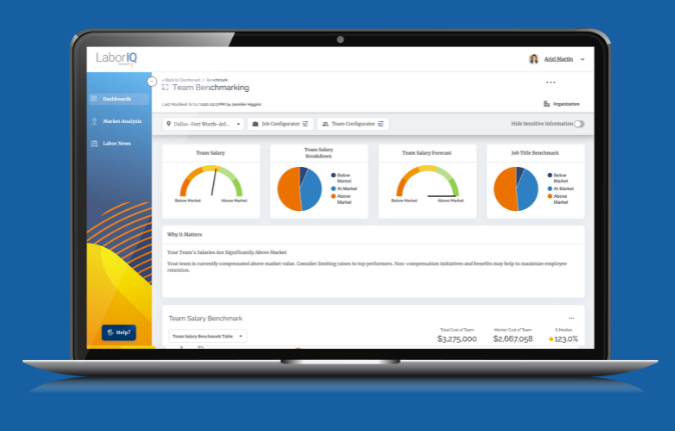You don’t need us to tell you that compensation is key to attracting top talent. It’s not just popular opinion – the stats bear this out. As many as 52% of candidates say that competitive compensation packages are one of the most attractive elements of any job offer.
With that said, it’s no wonder that displaying salary ranges in your job postings can attract even more attention from potential candidates. In fact, job listings that include salary ranges achieve 75% more clicks than those without.
However, businesses don’t reach these magic salary numbers through guesswork. Labor is most likely your highest business expense, so it’s vital to find a middle ground between what you can afford to pay and what fairly compensates your employees.
The solution? Compensation analysis.
Compensation analysis is a process businesses must undertake to successfully reach their final salary offer. So, in this article, we’re delving into what compensation analysis is, why it’s essential, and how choosing the right software can help streamline the process.
There’s lots to cover, so let’s get to it!

What is Compensation Analysis?
Simply put, compensation analysis is a process that enables businesses to better understand how they compensate employees. This is imperative because fair and competitive compensation remains indispensable for retaining your existing workforce and attracting new candidates. It’s easy to underestimate how quickly employees can become discontent if they don’t receive fair compensation. Motivation also suffers if there’s no clear sign of pay progression.
A thorough salary analysis doesn’t consider one employee’s salary in a vacuum. Instead, it compares their value and performance against other employees and the going market rate.
More specifically, compensation analysis requires companies to take an in-depth look at:
- In-house compensation data.
- Average salaries in your industry.
- Benefits packages.
- Employees’ experience and job roles.
- Average wages for your location.
After a successful compensation analysis, businesses are better positioned to implement a formal pay structure that they can use as a guide for offering and adjusting pay.
Why is Compensation Analysis Important?
With so much to consider, compensation analysis can be a time-consuming process. However, here are a few reasons why salary analysis is very much worth the effort:
-
Attracting top talent: At the time of writing, the labor market is still incredibly tight. In May 2022, U.S. employers added 390,000 jobs into the mix, while at the same time, unemployment remains incredibly low at 3.6%. The bottom line? Less talent is available, and, as a result, businesses are struggling to fill their skills gaps. This has made compensation analysis all the more critical for getting a feel for what competitors are paying and how you can offer prospects more attractive compensation packages.
-
Adjusting operating expenses: On the flip side, the results of your salary analysis may reveal that you’re paying more than the average market compensation. If you’re struggling to make ends meet, this might be worth considering and adjusting accordingly when hiring new employees.
-
Fair pay: Implementing a formal pay structure helps to avoid discrepancies. Managers don’t always succeed in evaluating an employee’s worth at a glance, and their salary decisions may be based on subconscious bias. Compensation analysis roots out inequalities and enables you to rectify any mistakes accordingly.
-
Motivating staff: A clear compensation structure based on your compensation analysis makes it easier for employees to see what they need to do to earn a promotion. This, alongside fair base compensation, is an excellent motivator for good work.
What Does Compensation Analysis Software Do?
While completing manual compensation analysis is possible, this approach is less than ideal. For one, it’s time-consuming. HR leaders have to examine compensation data across the entire organization. In addition, they must identify the mean salaries of similar candidates at other companies and across the state. Finally, they’ll have to compile all this data to establish benchmark salaries. That’s a lot of work! So it’s unsurprising that manual compensation analysis is almost always incomplete, not least because it’s only as detailed as the information your team can find.
This is where using the right compensation analysis tools is worth its weight in gold. High-quality platforms review compensation data of hundreds of thousands of companies across the U.S. to validate your salary recommendations and help you compare where you stand against the competition. On top of that, this kind of software can predict talent supply based on job role, location and industry and review how average salaries will be impacted due to these factors.
The Benefits of Compensation Analysis Tools
In review, here are the advantages of using software to streamline the compensation analysis process:
-
Save time. Compensation analysis software immediately provides in-depth compensation data that you might have had to obtain from multiple sources. You’ll likely also gain access to data that would have been difficult to get. This works wonders for quickly getting a more holistic and accurate view of salaries in your industry and area.
-
Compare local compensation data. This enables you to identify areas with high talent supplies and lower living costs. This information is especially handy if you’re looking to hire more affordable talent remotely.
-
Objective guidance. Avoid all bias by trusting the data to reveal how much employees should be paid.
-
Predictive forecasting. With this information at hand, you can prepare for talent shortages in advance and adjust your salaries to give you a competitive edge ahead of time.
-
Establish a transparent pay structure. With the results of your compensation analysis, you can determine which skills, experience and credentials warrant pay adjustment and provide employees with clear objectives.





